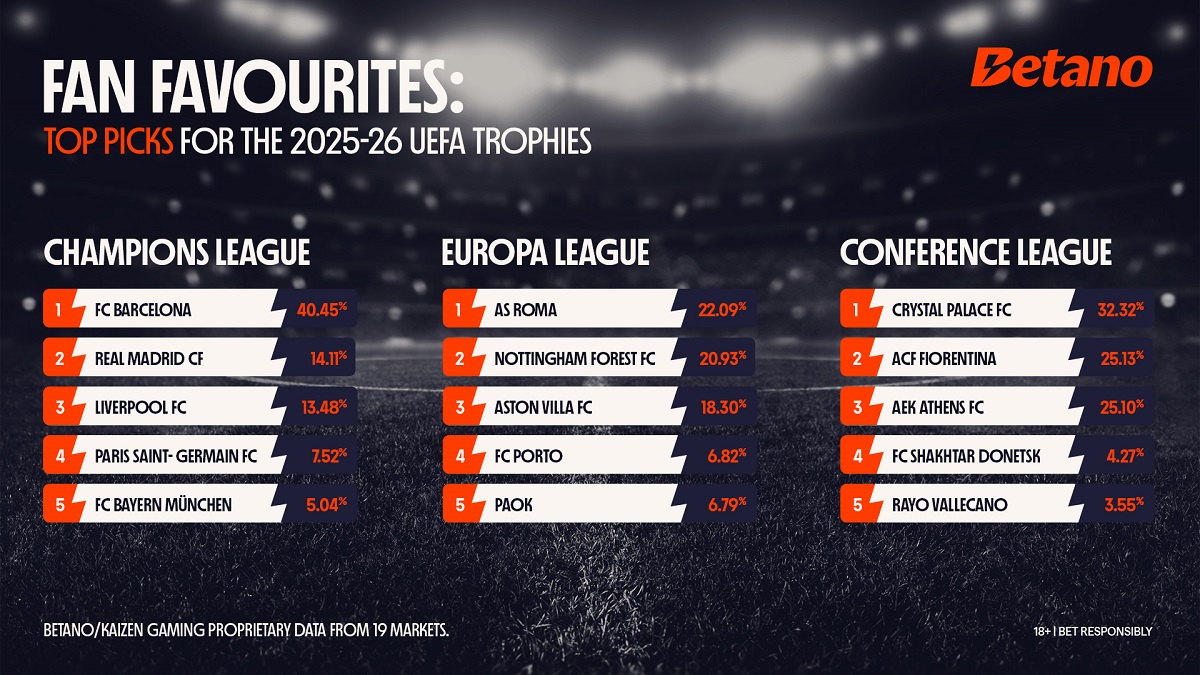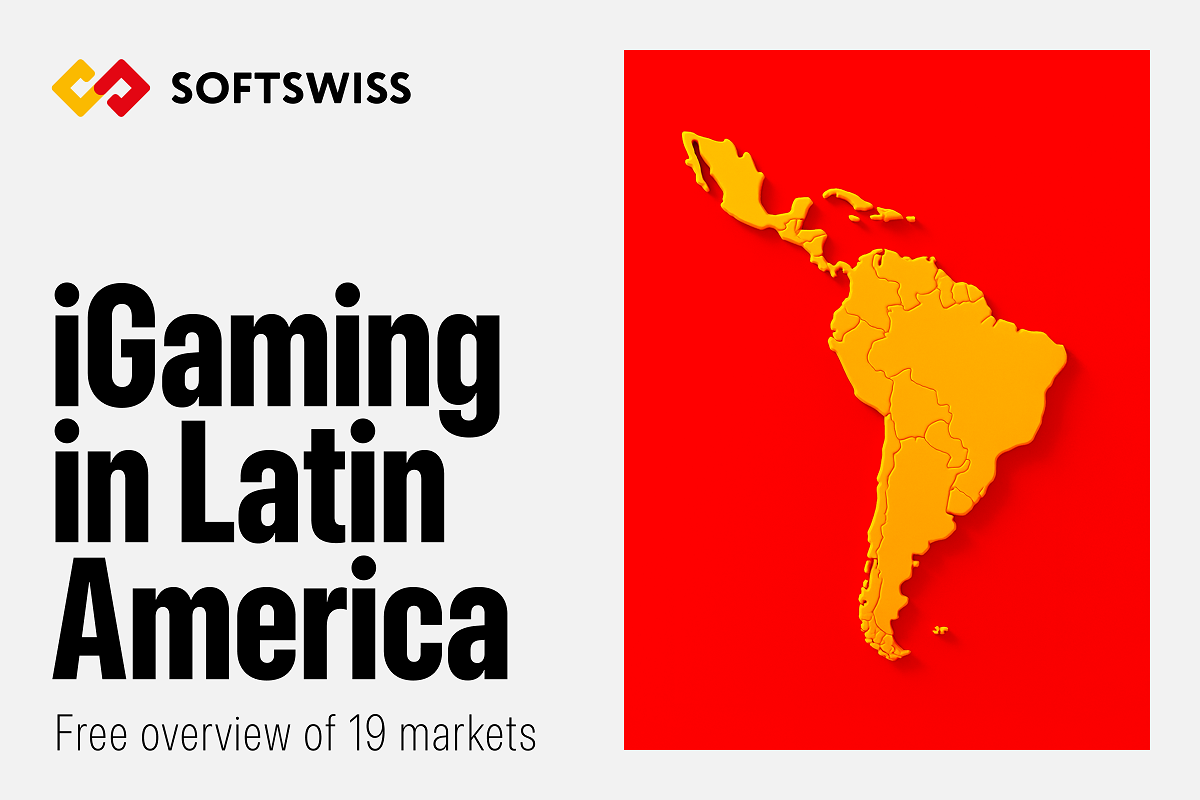European Union
An amount of €186.8m faced by GVC subsidiary as tax bill in Greece

GVC Holdings disclosed that a subsidiary functioning under a Greek interim gaming licence has received a tax audit assessment of €186.8m ($323.7m).
The audit which was issued by the Greek Audit Centre for Large Enterprises, looks into the activities from 2010 to 2011, the period during which the suspected business was owned by Sportingbet prior to its acquisition by GVC in 2013.
According to GVC the total amount is “substantially higher” by multiples of the total Greek revenues generated by the subsidiary during the period.
As affirmed by the company it has “strong grounds” to appeal the assessment and plans to file appeal with this process set to take place in the Greek courts, due to a lack of a formal settlement mechanism in the country.
However, GVC opted to enter into a payment scheme with the authority in the interim to permit it subsidiary to persist normal trading.
Over the next 24 months, the funds will be paid to the authority and held on account of approximately €7.8m a month. Although GVC clearly affirmed that entering into such an arrangement is not an approval that the assessment is correct and it will seek to recover such payments after the appeal process.
In a statement GVC added: “The board strongly disputes the basis of the assessment calculation, believing the assessed quantum to be widely exaggerated and is confident in the grounds of appeal.”
“However, given the group subsidiary has to go through an appeal process, the board believes it prudent at this juncture to make a provision of approximately €200m in GVC’s 2017 financial accounts to cover the Period and up to the end of 2017.”
-

 Latest News7 days ago
Latest News7 days agoAnswer the Call of the Wild: ELA Games Unveils Its Latest Game “Buffalo Force”
-

 Asia6 days ago
Asia6 days agoTesla to showcase Model Y with NODWIN Gaming at the thrilling BGMS Season 4 Grand Finals
-

 Compliance Updates6 days ago
Compliance Updates6 days agoSOFTSWISS Compliance Expert Shares Knowledge on AML in iGaming for Sumsub Academy
-

 Africa6 days ago
Africa6 days agoRacing1 is exhibiting for the first time at the Grand Prix D’Afrique
-

 Latest News6 days ago
Latest News6 days agoÅland-Based Gaming Company Paf Becomes Main Partner of the Finnish Ski Association – One of the Most Significant Sponsorship Agreements in the Association’s History
-

 Latest News6 days ago
Latest News6 days agoKaizen Gaming data – FC Barcelona the fan favourite to win the Champions League
-

 Latest News6 days ago
Latest News6 days agoAnimo Studios debuts virtual hosts for live table games starting with Stake
-

 Latest News6 days ago
Latest News6 days agoWeek 37/2025 slot games releases




















